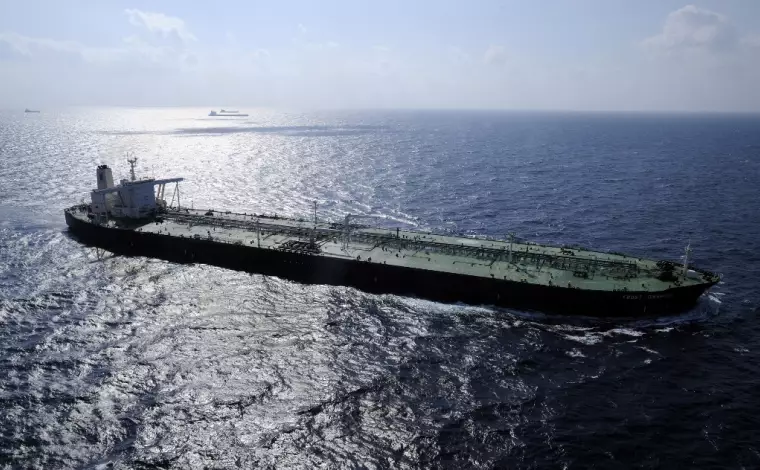“It is very plausible that Germany and other European countries are implicitly buying Russian oil,” according to an expert.
Germany increased its imports of petroleum products from India more than tenfold over one year between January and June 2023, while this country buys and processes Russian oil hit by European sanctions.
Purchases of Indian petroleum products increased from “only 37 million euros during the first seven months of 2022 to 451 million euros between January and July 2023, an increase of 1,127.4%”, indicated Tuesday l national statistics institute Destatis
To explain this surge, Destatis notes that “India imports large quantities of crude oil from Russia since the invasion of Ukraine” and exports “diesel”, produced from crude, to German companies.
“It is very plausible that Germany and other European countries are implicitly buying Russian oil ” in this way, confirms to AFP George Zachman, energy expert from the Brussels think tank Bruegel.
Before the invasion of Ukraine, Germany imported a third of its oil from Russia, worth almost more than 1.2 billion euros per month. But since the beginning of the year, the European Union has implemented an embargo on Russian oil imports , in response to the invasion of Ukraine by the Russian army.
China, India and Türkiye
Moscow has nevertheless managed to redirect its hydrocarbon exports to other countries, notably China, India and Turkey, which themselves sell refined petroleum products to Europeans. “If diesel or gasoline enters Europe […] from India and produced with Russian oil, it is certainly a circumvention of sanctions and measures must be taken “, recently denounced the leader of European diplomacy, Josep Borell.
According to an investigation by the German weekly Der Spiegel , the price cap, another flagship Western measure against Russian oil, has also proven its limits. Developed by the G7 powers and entered into force in December 2022, the mechanism prohibits companies based in participating countries from providing services for the transport of Russian crude beyond 60 euros per barrel.
However, “carriers and insurers must only collect a brief certificate from their customers”, and “it is not clear whether (…) the authorities of the G7 countries verify these certificates”, according to Der Spiegel .
Result: “in the main Russian export ports, barrel prices have clearly exceeded the planned limit of 60 dollars” , states this week the weekly, which cites a study by the Ukrainian economic institute KSE based in Kiev.
This article is originally published on boursorama.com









